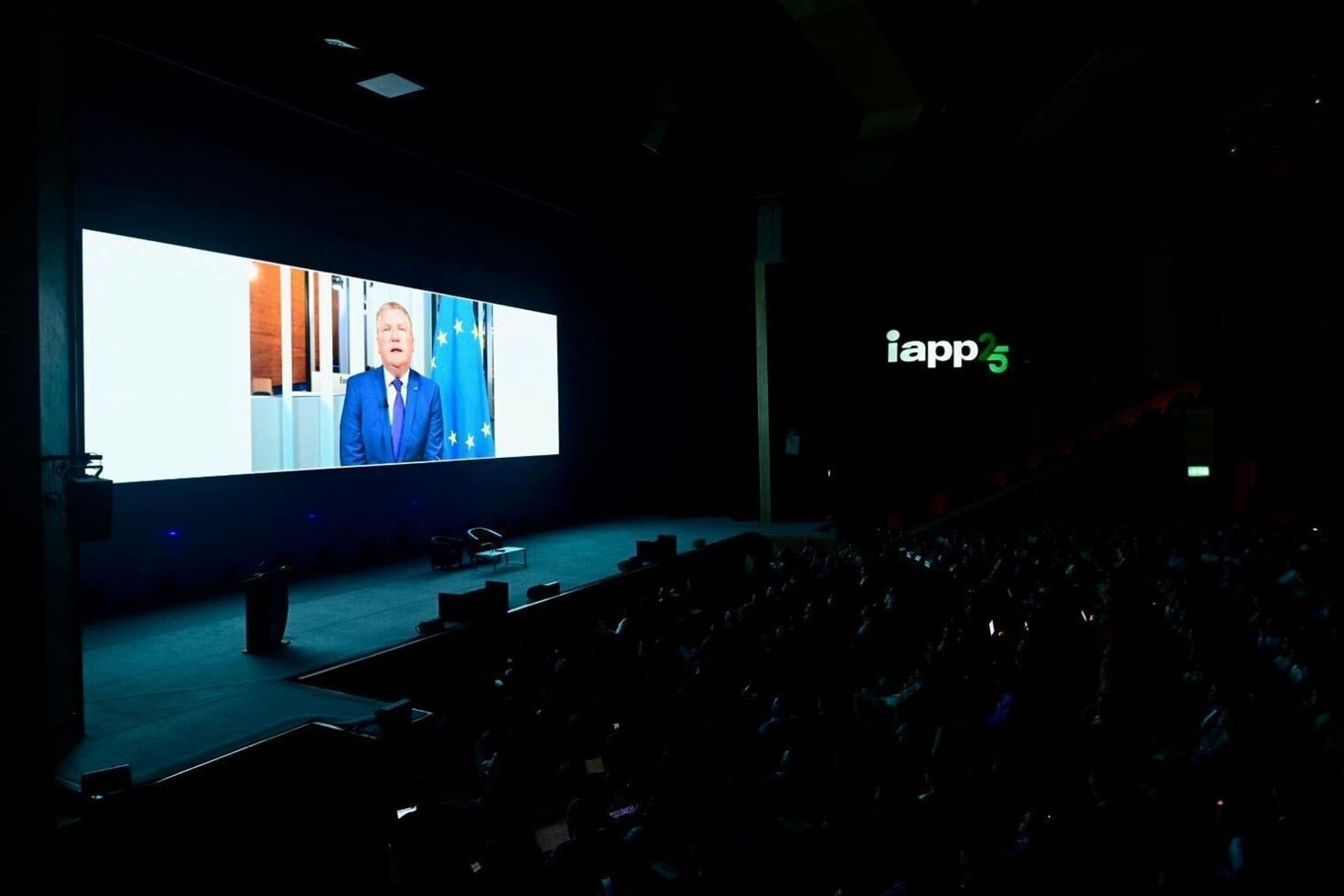The European Commission's lead on democracy and consumer protection reinforced plans to tackle gaps in the bloc's consumer protection laws next year, citing ongoing challenges around addictive designs and dark patterns keeping Europe from having a fair digital single market.
Commissioner of Democracy, Justice the Rule of Law and Consumer Protection Michael McGrath told attendees at the IAPP AI Governance Global Europe 2025 conference the Commission is aware privacy and artificial intelligence professionals face an increasingly complicated regulatory environment, between the EU General Data Protection Regulation, the AI Act and more digital-specific regulations.
But "missing pieces of the puzzle" mean consumers are still losing time, money and trust to unfair practices, he said.
To fix that, McGrath said he will be looking to introduce a new Digital Fairness Act focused on ensuring the rules for using AI solutions in business and consumer situations are clear.
"The DFA will neither duplicate nor reopen matters already addressed in adopting legislation, and will instead include burden reduction and simplification measures, such as for reducing information requirements in repetitive transactions like in-app purchases," he said.
The comments come as the EU is facing a regulatory reckoning, with pressure coming from within and outside the continent to loosen some of its digital rules. The European Commission has been looking at revamping the GDPR to create simpler rules, particularly for smaller and medium-sized businesses. A preliminary plan to change record-keeping obligations has been co-signed by the European Data Protection Board and the European Data Protection Supervisor.
McGrath pitched the revamp as part of a suite of other digital actions planned for this year and the next. He noted the plans for a stronger "democracy shield," a framework meant to strengthen digital protections around issues like misinformation and democracy. A public consultation was recently launched to understand specifically how to address how AI can influence elections.
"President (Ursula) von der Leyen has already made it clear that there is a growing need to address deepfakes and their potential impact on campaigns and elections across Europe," he said.
McGrath also promised to introduce a digital strategy for the justice system looking at how to use AI to streamline processes while protecting rights and making the process transparent. His office is also looking at how to support the market surveillance authorities tasked with enforcing the AI Act on the local level, such as providing unsafe product detection tools and integrating AI into the product safety and enforcement cycle.
The keynote also featured a conversation between Helen Dixon, former commissioner for Ireland's Data Protection Commission, and Ireland's Ombudsman for Children Niall Muldoon about the role his office plays in advocating for better protections for children when it comes to AI harms.
The ombudsman was adamant more work needs to be done in this area and suggested AI products should be designed with children in mind first, with adults needing to toggle additional features in order to access more age-appropriate content. He also stressed the need to include younger people's perspective on AI, noting they are already more enmeshed in its use and are growing up in an environment where generative AI is more common.
"They're not asking for too much; you ask them what they want, they're fair," Muldoon said. "They don't want a gold star, they just want it to be safe, secure and equal for everybody."
But Muldoon saw an opportunity for AI to be better leveraged in education and supported reforming Ireland's final exams to a more continuous assessment approach. Rather than punishing students who use AI in their assignments, he said there should be resources dedicated to teaching them how to use it responsibly and further their educations.
"It's about finding a solution for it," he said, because children are already using the technology. "And we're not going to be able to put that genie back in the bottle."
Caitlin Andrews is a staff writer for the IAPP.

